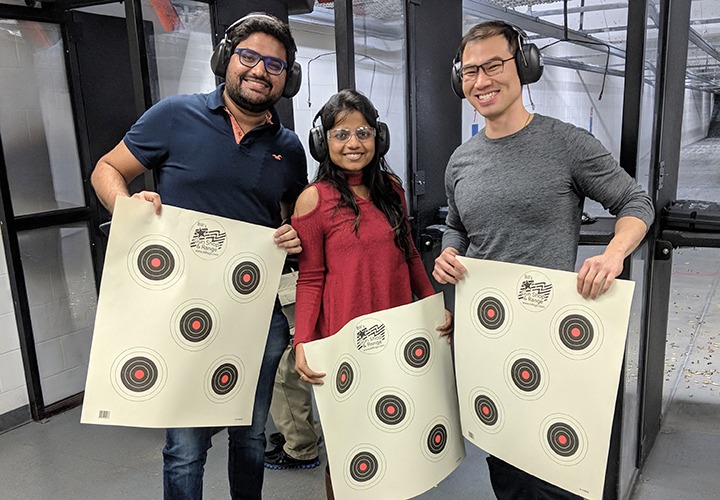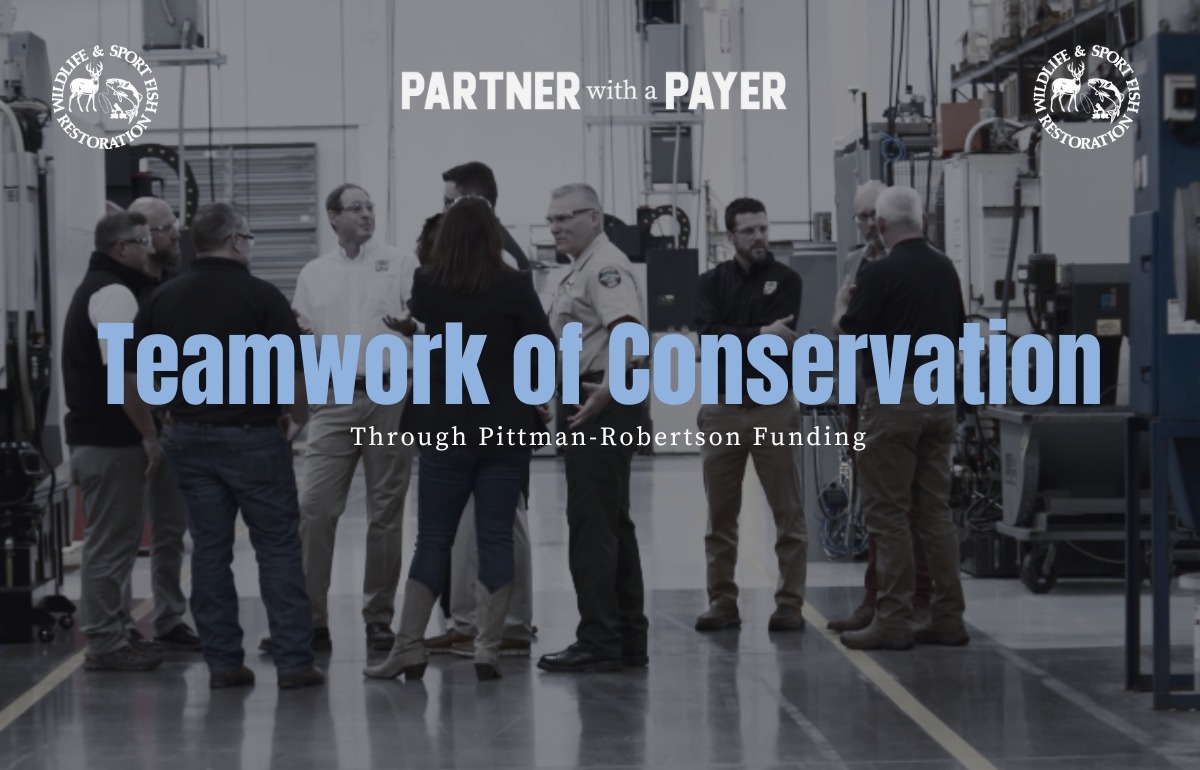 Back to News
Back to News
April 4, 2025
Harvard Scholar Argues to Tax Freedom for ‘Public Health’
Leave it to the “scholars” at Harvard Kennedy School to come up with a scheme that combines the arrogance of the “intellectual elite,” increasing taxes, administering gun confiscation plans and – again – purposefully conflating “public health” policies for crime control for the latest pie-in-the-sky gun control plan.
It would be an absurd April Fool’s joke if the researchers at Harvard Kennedy School weren’t serious. Just to be sure, a little digging shows that they received a grant for the study from Arnold Ventures, a known antigun philanthropy organization that funds gun control efforts across the country. What the idea shows is how out-of-touch the “intellectual elite” are when it comes Americans’ – and the firearm industry’s – commitment is to ensuring free exercise of Second Amendment freedoms. These are foundational to the unique American identity – that the rights are granted to Americans by their Creator and guaranteed by the U.S. Constitution, specifically in this case by the Bill of Rights. That’s not the case with two ivy-bound researchers. When it comes to the right to keep and bear arms – they’ve got a plan.
Trust me. It’s not better.
Luis Armona, an economic and assistant professor of policy at Harvard Kennedy School, and Adam Rosenberg, a doctoral candidate at Stanford University, believe they’ve come up with a way to reduce the criminal misuse of firearms – specifically murder. They just need to tax the snot out of them.
Flawed Premises
Before anyone gets apoplectic, they are quick to reassure doubters they know what they’re doing.
“I grew up in the United States, so I’m intimately familiar with gun culture and the way guns can be an important part of the identity of those who own them but also have important consequences for public health,” Armona explained to Robert O’Neill of Harvard Kennedy School.
So Armona understands “gun culture” because he grew up in America. That’s the start of a bad punchline for a second-rate joke, but in the interest of honest debate, we’re listening…
“But for nearly 30 years, the federal government did not fund research on firearms, and so our understanding of how these markets work is very undeveloped,” he added.
Hold on. That’s not even close to true. That’s a gun control talking point to attack the Dickey Amendment that states no funds made available for the Centers for Disease Control and Prevention (CDC) may be used to advocate or promote gun control.”
That doesn’t mean the CDC stopped studying guns. NSSF pointed that out previously, and President Donald Trump even signed legislation in his first administration that said the CDC has authority to conduct research into the causes of “gun violence.”
Do You Even Research, Bro?
Armona and Rosenberg have a plan, though. They will dig into the data to understand the pattern of gun sales in the United States, starting with publicly-available gun purchase data in Massachusetts. That presents the second problem. Massachusetts’ data might be flawed, though, since Massachusetts banned the sale of the most-popular selling centerfire rifle in America – the Modern Sporting Rifle (MSR). There are over 30 million of these rifles in circulation in America, but the Massachusetts data will be lacking since it’s not reflective of the buying patterns of other states that don’t infringe on Second Amendment rights.
This is frustrating so far, but there’s more to explore. Armona and Rosenberg assume that most firearm owners are likely to be male, conservative, rural and less racially diverse. For a dataset, that might be statistically true, but it also ignores the rapidly-changing reality. Today’s gun buyer is increasingly more representative of minorities, women and those who live in urban areas. The media has recognized this. The New York Times wrote about it. So did The Boston Globe. And so did The Wall Street Journal, not just recently but also last year. And the Christian Science Monitor. And Huffington Post. And CNN. And ABC News. And GV Wire. There are also NSSF’s research, that showed since 2020, there have been 26.2 million new first-time gun buyers who are increasingly representative of urban dwellers, women and minorities. That’s more than the population of Florida.
Tax, Tax, Tax
Here’s where it gets… well, interesting. Armona and Rosenberg believe they could get buy in from NSSF on their gun-tax-for-public-health scheme. They note the Pittman-Robertson excise tax – that’s the 10 and 11 percent tax paid by firearm and ammunition manufacturers that funds wildlife conservation across America as a starting point. That’s not for “public health,” by the way. They also note California and Colorado’s new excise tax to fund their gun control efforts in those state – which is being challenged in court.
Armona and Rosenberg argue that taken nationwide, a tax increase on guns would generate $400 million from gun purchasers and another $570 million from manufactures and reduce murders by 60 victims. They admit, though, this idea is likely “infeasible.”
To get everyone on board, the two scholars propose to lower taxes on long guns and increase them on handguns, since handguns are criminally-misused by a much wider margin.
Here’s the Thing About Criminals
Here’s where the whole house-of-cards falls apart. Criminals, typically, don’t legally buy guns. That means they wouldn’t pay the tax. The Department of Justice (DOJ) Bureau of Justice Statistics own reports show that 90 percent of criminals convicted of crimes involving a firearm admit they obtained those firearms through illicit means. In other words, those criminals stole those firearms or bought them on the black market.
The other, really, really big problem is that crime isn’t a public health crisis, as much as gun control advocates want to profess it is. Crime is a law enforcement issue. There is no prescription that prevents people who have no respect for life or law to make them not want to harm their victims. There’s no pill to cure that ill-minded intent.
There is a proven method, though. Lock up the criminals. Putting a criminal behind bars has a pretty good effect on preventing them from committing further crimes when they’re serving their sentence. Enforcing criminal law against those who commit crimes stands a greater chance of gaining public and political support than would the idea that taxing guns and ammunition for those who obey the law would. Making those who legally buy a gun to protect themselves from criminals pay extra to the government doesn’t make a criminal not want to harm their victims. It only punishes the innocent and taxes a Constitutionally-protected right.
The Harvard Kennedy School might want to go back to basics. Taxing a Constitutional right doesn’t add up. Locking up criminals equals less crimes and less victims.
Categories: BP Item, Featured, Government Relations, Top Stories









